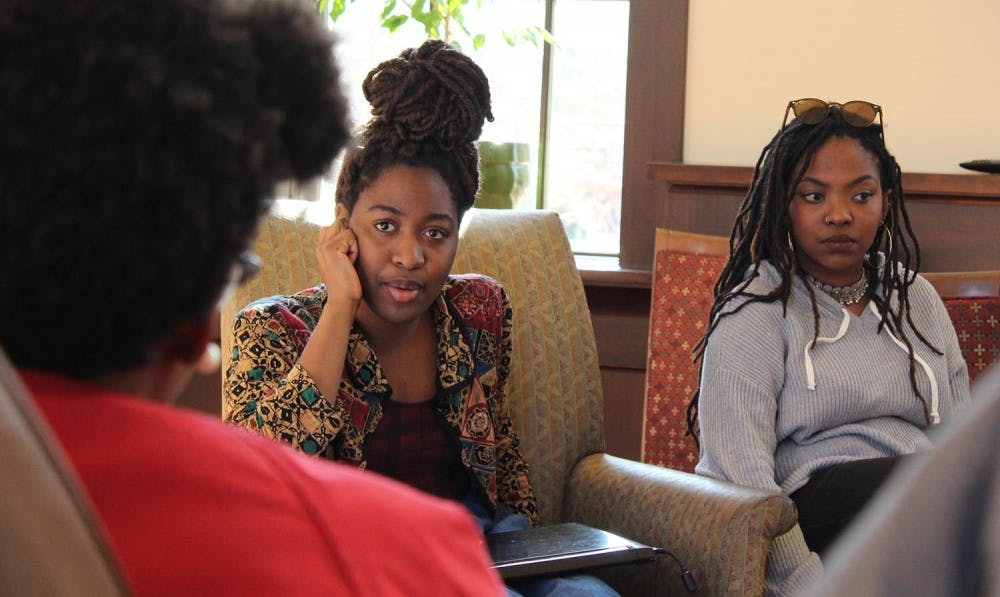According to the participants of the Activism in a New Era conference, activism is not just about protests — it’s a lifestyle.
Co-hosted by the Campus Y and Black Congress, the conference on Sunday discussed the history and future of activism for oppressed groups.
Nagwa Nukuna, the co-director of development at the Campus Y and an organizer of the event, said the main goal of the conference was to reinforce the importance of activism after Trump’s election.
“We just wanted to have a mini conference/discussion around activism post-Trump because we saw a huge demoralization after Trump was elected — people were tired and people were burnt out and didn’t know what to do,” she said. “And there was also this rhetoric of like, 'You have to be an activist in this particular way, and if you don’t go to protests and if you don’t show up at the Y, you’re not a good person, you’re not doing stuff for the movement.'”
The main themes of the conference included empathy, recognizing privilege and oppression, finding your personal role as an activist and intersectionality. Participants discussed critiques within movements such as feminism and Black Lives Matter for their lack of focus on intersecting inequalities.
Binta Ka, a junior, said it's important to fight all forms of oppression.
“You can’t just get rid of one form of oppression without fighting against the others as well,” she said. “There doesn’t have to be an order; you can do it at the same time.”
Participants talked about the pros and cons of different forms of activism, such as protests. They also discussed the history of activism — Martin Luther King Jr., Malcolm X and the Black Panthers were a few of the topics.
Senior Stephanie Hopkins-Spencer said the discussions like the ones in the conference are daily experiences for her.




